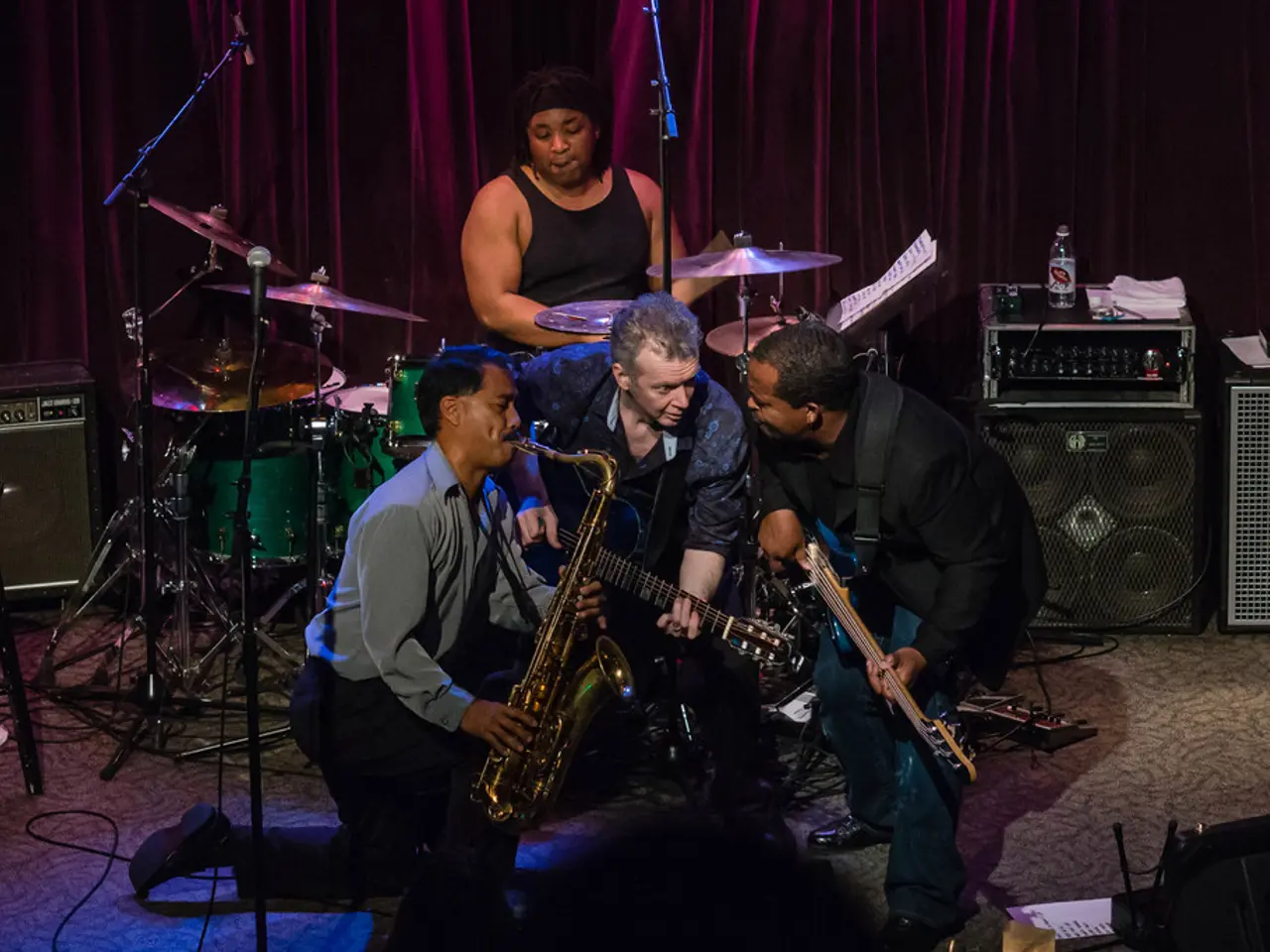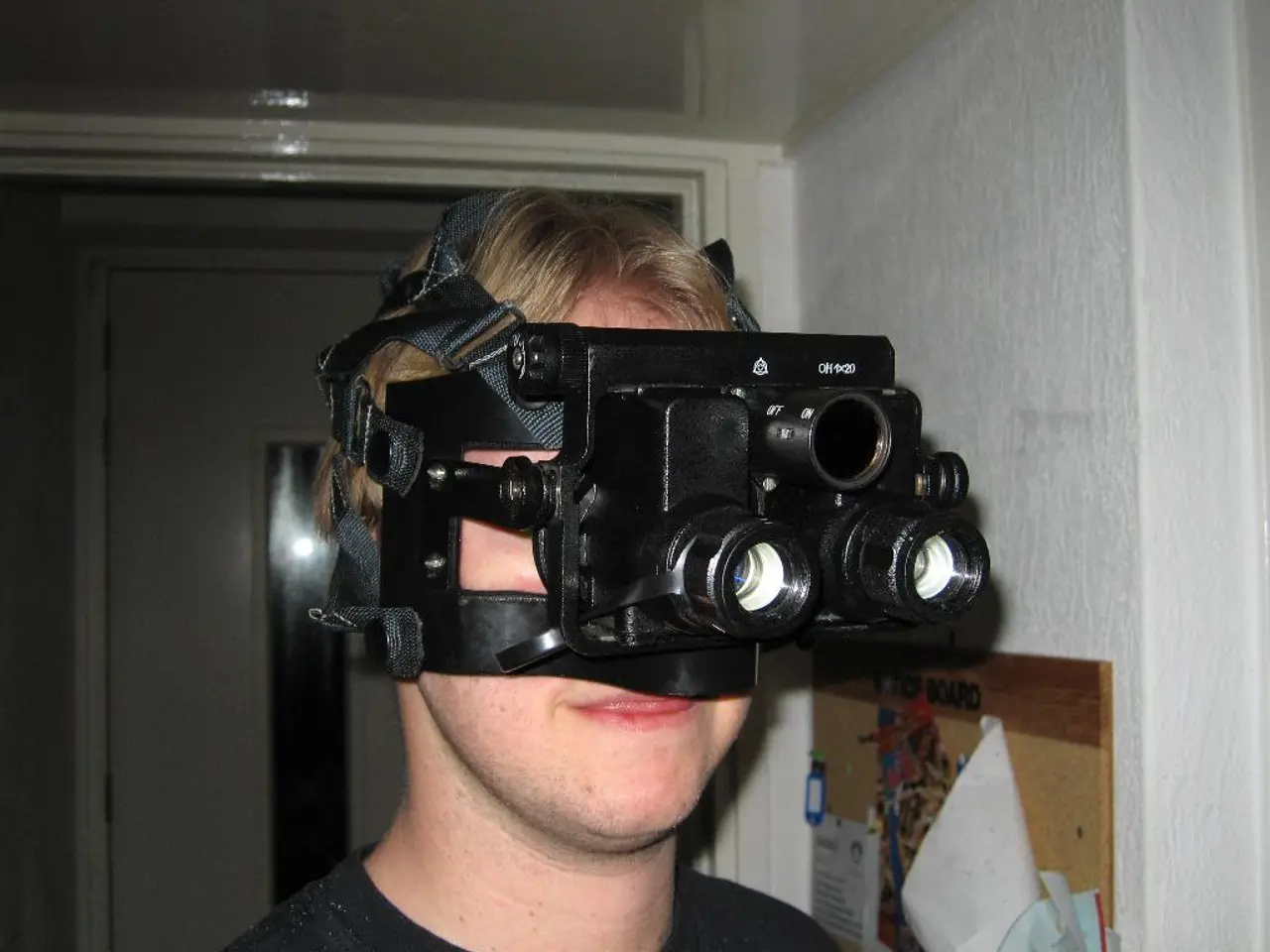Symptoms Suggesting a Fit for a Live Sound Engineering Career
In the world of live music, sound engineers are the unsung heroes, crafting each note to ensure it resonates as intended. If you're intrigued by the idea of shaping the soundscapes of unforgettable live performances, a career in live sound engineering could be your calling.
Live sound engineering is a dynamic and high-pressure field, with no room for error. It requires a unique blend of technical skills, practical experience, and a keen ear for detail. To excel in this challenging yet rewarding profession, you'll need to understand the intricacies of audio systems, possess problem-solving abilities, and be adaptable.
One of the key requirements for a live sound engineer is the ability to set up and operate sound equipment, manage microphones, equalize sound levels, troubleshoot technical issues during live events, and use audio software like Pro Tools or Audition. Communication and teamwork skills are also essential, as you'll often coordinate with performers, other engineers, and event staff.
There are several paths to becoming a live sound engineer. Many learn through hands-on practice and apprenticeships, while others opt for specialized courses or certifications. Pursuing a degree or concentration in audio engineering or audio production can provide in-depth technical grounding and practical experience. Gaining proficiency with industry-standard audio editing and mixing software is highly recommended.
For those seeking structured education, the School offers degrees and short courses in London, LA, Ibiza, and online. In London, you can pursue a BA (Hons) Music Production & Sound Engineering Degree, while in LA, the school offers a Music Production & Audio Engineering Bachelor's Degree. The courses aim to build confidence in handling high-pressure, real-world environments and provide hands-on training guided by expert lecturers.
The School's dedication to industry experts has earned it a TEF Gold rating, making it the only specialist music production institute with this distinction. The courses cover fundamentals to pro-level techniques, including live mixing, stage setups, and running a show.
Live sound engineering offers a rewarding and impactful path for those who find greater satisfaction in helping artists sound their best, rather than taking center stage. It's a field that requires constant learning and adaptation, as new equipment and techniques emerge.
The new Live Sound Engineering short course, lasting three months, is a great starting point for those looking to venture into this exciting field. Students will have the opportunity to practice their skills at two live gigs, gaining invaluable real-world experience.
In summary, to become a live sound engineer, build your technical audio skills and hands-on experience (either by studying or practice), learn to operate and troubleshoot live sound equipment, and consider courses or degrees in audio engineering. Experience working in live or broadcast sound environments and strong problem-solving capabilities significantly enhance your prospects. Recognizing audio details such as buried vocals or lacking bass clarity is a core skill in live audio and a sign of thinking like a sound engineer. Live sound engineering requires technical problem-solving abilities, as issues must be addressed in real time. So, if you're ready to step into the spotlight behind the scenes, start your journey today!
[1] [Source 1] [2] [Source 2] [3] [Source 3] [4] [Source 4] [5] [Source 5]
- To excel in the intertwining realms of lifestyle and entertainment, pursuing a career in live sound engineering could provide an engaging blend of education-and-self-development and music.
- With the School offering degrees and short courses in various locations, including London, LA, and online, it serves as an ideal platform to delve into the education-and-self-development aspect of live sound engineering, ultimately leading to a satisfying music-oriented lifestyle.




